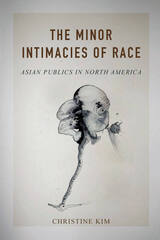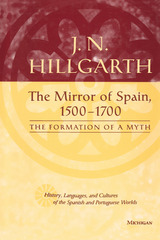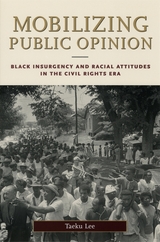The Aesthetic Character of Blackness: Sounds Like Us
Duke University Press, 2025
Cloth: 978-1-4780-2921-2 | Paper: 978-1-4780-3258-8 | eISBN: 978-1-4780-6140-3 (standard)
See other books on: African American & Black Studies | Blackness | Ethnic | Media Studies | Music
See other titles from Duke University Press
Cloth: 978-1-4780-2921-2 | Paper: 978-1-4780-3258-8 | eISBN: 978-1-4780-6140-3 (standard)
ABOUT THIS BOOK | AUTHOR BIOGRAPHY | TOC
ABOUT THIS BOOK
In The Aesthetic Character of Blackness, Jemma DeCristo theorizes the means by which black art liberates the free world but does not and cannot liberate black people. Drawing on Frederick Douglass, W. E. B. Du Bois, and Alain Locke and as well as the aesthetic thought of Immanuel Kant, Friedrich Schiller, Friedrich Nietzsche, and Theodor Adorno, DeCristo critiques the exaltation of black culture and art’s saving power by analyzing the violence underneath aesthetic production. She tracks black music’s representational and anti-representational capacities in projects of black non/humanization from nineteenth-century abolitionism and the founding of the recording industry to the emergence of black queer blues performers and the rise of the Black Arts Movement of the 1960s. Theorizing the contemporary neoliberalization of black audio-visual spectacle, DeCristo ultimately demonstrates that the voluptuous world of black aesthetics beautifies an anti-black world that wields black art and culture as a weapon against black life.
See other books on: African American & Black Studies | Blackness | Ethnic | Media Studies | Music
See other titles from Duke University Press












